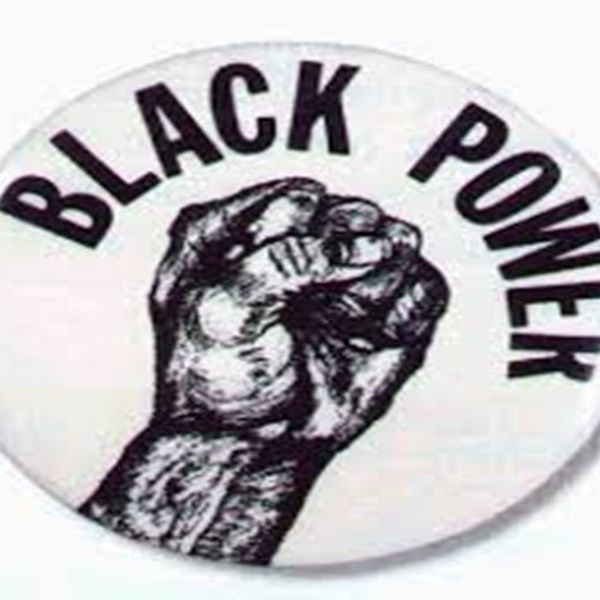This Memorial Day, History released Night One of their remake of the the 1977 miniseries Roots. This miniseries was based off the Alex Haley book following the Mandinka warrior Kunta Kinte as he is kidnapped from his homeland and sold into slavery and then proceeds to follow three more generations of his family through slavery from the Revolutionary War until post-Civil War emancipation. The original miniseries was released on the heels of the Civil Rights movement and was a cultural phenomenon that greatly affected those generations of Americans. This remake aims to reach new generations of Americans and to portray a more historically accurate story. There are some who may think that this miniseries is or should be aimed primarily toward an African-American audience. They say that while it may be important to them and their culture, we as white Americans needn't watch it or won't relate to it as much. And those people would be wrong.
Let me start by saying one thing: this is not about white guilt. I am not going to say that we need to watch Roots so that we can feel guilty and atone for the sins of our forefathers. There is so much more we can get out of it.
An American Family
The book is titled Roots:The Saga of an American Family. Not an African family. Not an African-American Family. An American family. The story is one that all Americans are meant to relate to. While it is showing the brutalities of American slavery, that isn't the focus of the story. The focus is on the people. The story centers on their resilience, their power, their humanity, and their desire for freedom. It centers on the importance of identity, of family, and of believing in yourself and what you can do. These are values that all Americans can relate to in some way.
Those Who Don't Know Their History...
We've all heard the old saying, but it shouldn't be taken lightly. Those who don't know their history are doomed to repeat it. This is why it is important to remember past human rights atrocities. Occurrences like the Holocaust are taught in our schools and the horrors of these events are described, sometimes in brutal detail. However, the same respects are not consistently paid to atrocities that happen in our own country. When I was in school, we hardly had any mention of the slave trade or of the Trail of Tears. The only reason I know as much about it as I do (which admittedly is still not as much as I probably should) is because I have made an active decision to educate myself. But our history is our history and it is important that we learn it, especially when it's uncomfortable. Slavery is an uncomfortable subject for black and white Americans alike to discuss. Most of the time people are too concerned about offending others or too uncomfortable with admitting that it is a part of our history to begin with to have an open and frank discussion. Roots is great because it educates people about our history without pushing white guilt and without downplaying the horrors and atrocities that were committed. It allows for an open conversation across racial lines and an examination of our history.
Relative Progress
When people do talk about race in America, they like to discuss how far we've come. How much better off we are now than we were a hundred years ago. What people don't like to discuss is how far we have yet to go. Race relations in America are still well behind where they need to be and we still don't have racial equality. As Roots follows four generations, you see progress happening and you see how each generation of black Americans pushes for more, while the white Americans focus instead on what has already occurred. It's uncomfortable to admit, but this is largely the same discourse that takes place in modern America. Groups like the Black Lives Matter movement push for further change, and a pushback of cries like "#AllLivesMatter" focus on what progress has occurred instead of what still needs to happen. Being able to recognize this in our current discourse is not important step in getting change to occur.





















